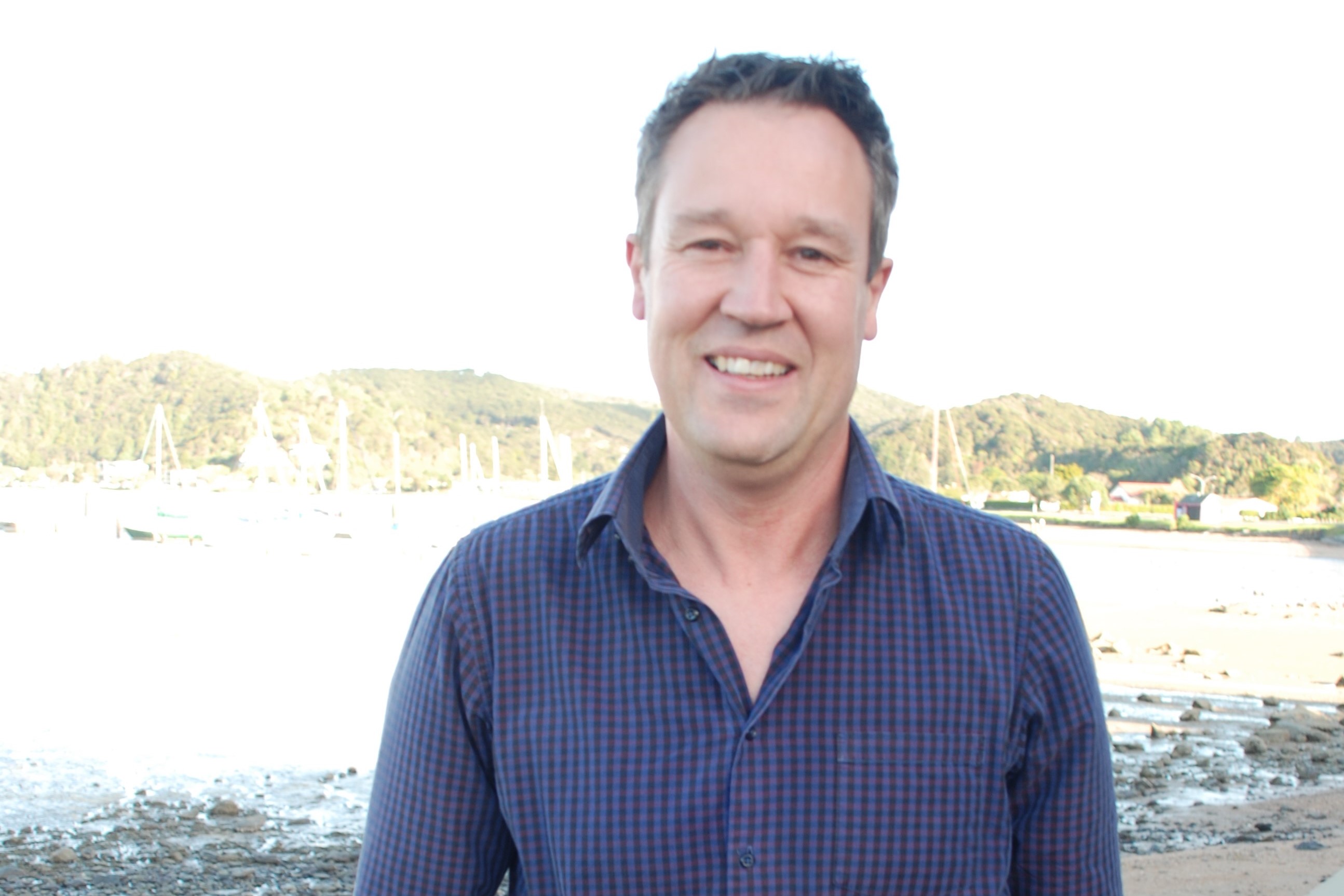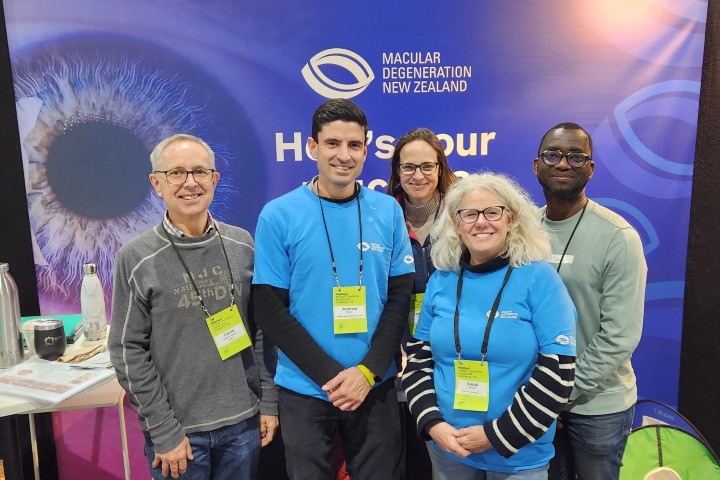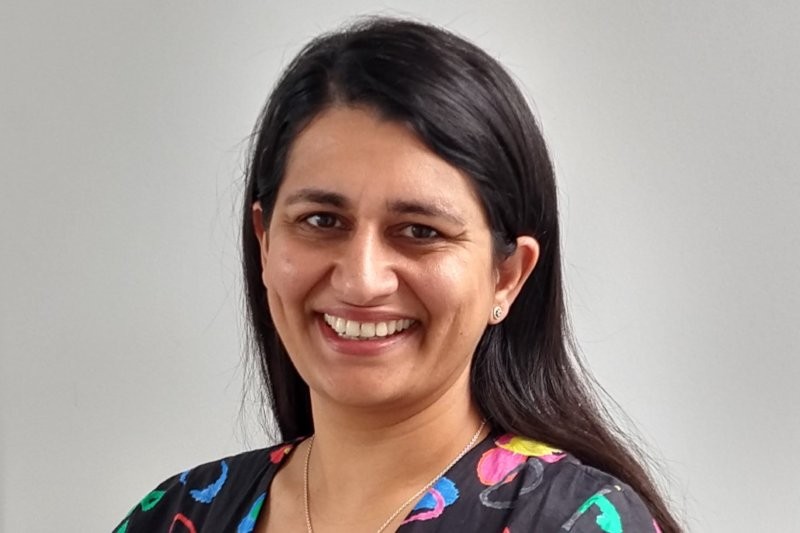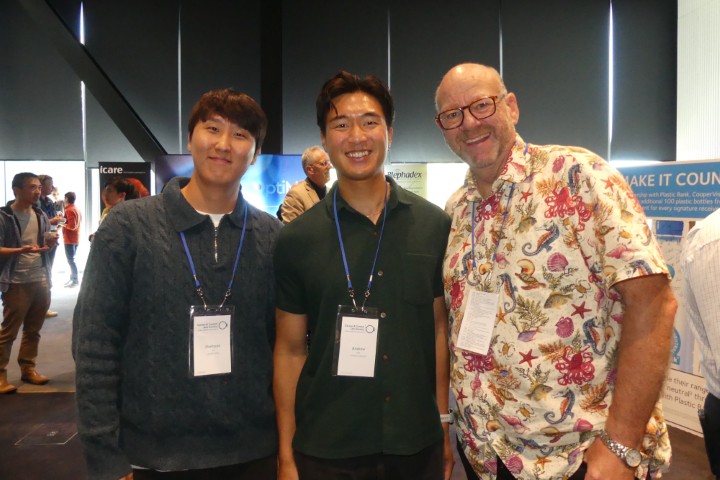The long road to nurse practitioner
Ophthalmic nurse David Garland started his talk at the 2017 RANZCO New Zealand branch nurses meeting to the dulcet tones of Paul McCartney singing ’The long and winding road’.
The song’s title was an apt metaphor to his presentation on just what it takes to become an ophthalmology nurse practitioner: six years of post-graduate study that in reality took twelve years to complete, in part due to a government-instigated change in about 2011 that swung the Nursing Council’s focus more towards primary healthcare, thus making it unlikely, or at least far more difficult, for nurses in specialised fields, such as ophthalmology, to become nurse practitioners.
Considered the gold standard in nursing today, the nurse practitioner qualification allows nurses to share far more of the prescribing, monitoring and hands-on-care of patients with doctors.
Garland begun his journey in 2003 and started post graduate study in 2005. He was urged on and supported by the country’s first ophthalmic nurse practitioner Carol Slight (see NZ Optics’ September 2016 issue) who qualified in 2007. He had the required Masters’ degree in nursing (2010) and he had the extra prescribing training and experience required to become a nurse practitioner. Garland just had to prove to the Nursing Council there was enough breadth and depth in ophthalmology and in his experience as a nurse for them to allow him to cross the final hurdles - a post-graduate Nurse Practitioner Training Programme, run through the nursing schools at Auckland and Massey Universities, and a panel exam with the Council for accreditation.
He was eventually allowed to sit the final course, take the “tough” panel review (“not my best performance,” he says) and pay the required $1,500 fee to register as a nurse practitioner, which would have been lost had he not passed, and was finally allowed to call himself a nurse practitioner (ophthalmology’s second) this year.
“It is brutal. It is a long winding road,” he said in the conclusion of his talk. “It takes a lot of sacrifices on you personally, as well as family, colleagues and your department… so if you really want to do this, it’s vital you have support from yoiur nearerst and dearest, and particularly from your department. (And) get published, get into leadership, the council are looking for that broad experience.”
Talking after his presentation to NZ Optics, Garland added he wanted to become a nurse practitioner to give his career more breadth. “I wanted to do this because the role opens up options to see more patients, more independently, but still in collaboration with the doctors, so you have more opportunity to make a difference in clinical areas.”
The role isn’t for everyone, he said, but if you can see a gap where you could make a difference now or in the future, that’s when you should consider becoming a nurse practitioner.
“But it does require a lot, and I mean a lot, of post-graduate study and commitment… You also need to make sure you’re exposed to a broad range of areas, both inside ophthalmology, and how that can relate to the body as a whole, the eye being the window to the soul type-of-thing, and right across nursing in a more general sense, and how to articulate that.”
After on-and-off study for the best part of 12 years, Garland said he’s relieved to be qualified, but admits, in some ways, it’s really, just the beginning.


























